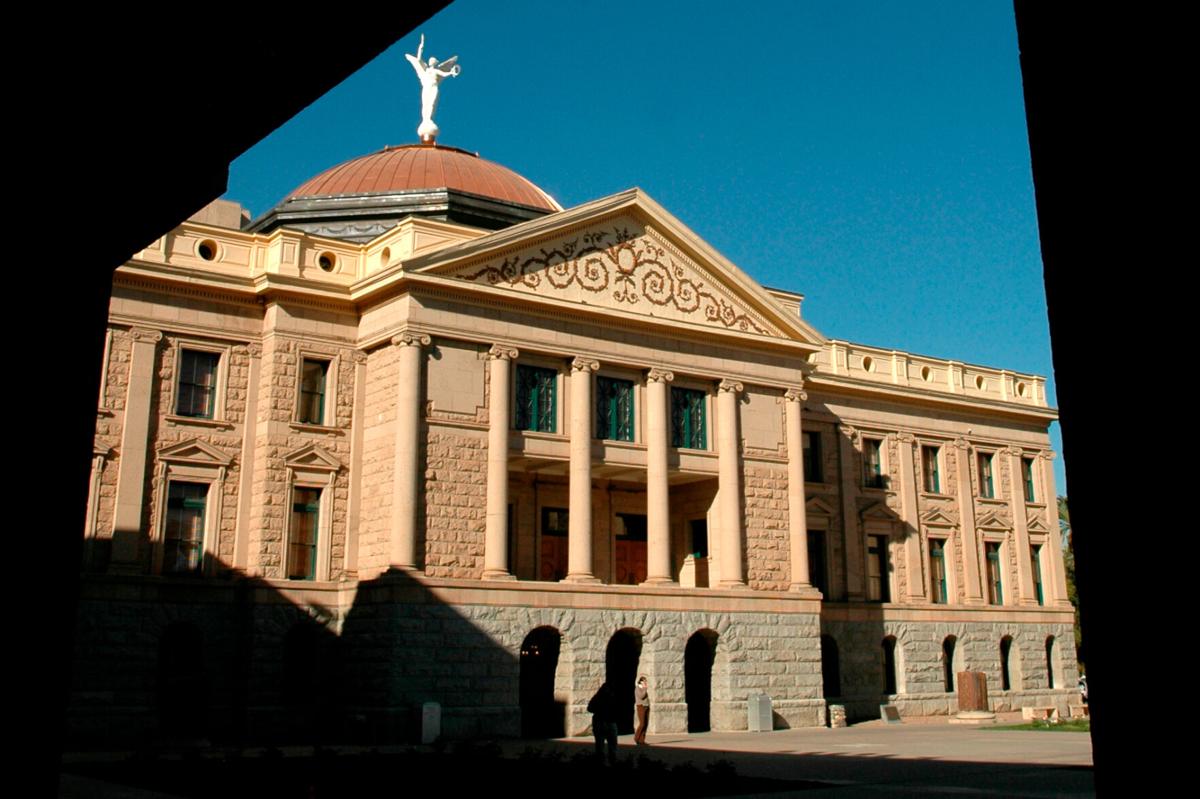PHOENIX — Nearing the end of this year’s legislative session, state lawmakers voted to more than triple their own cost-of-living allowance, at least for those who live outside Maricopa County.
The extra cash might lead to more — and better — candidates, lawmakers supporting the increase said.
The 46-14 vote Wednesday followed pleas by several rural legislators who said the $60 a day they get now — and only for the first 120 days of a session — is insufficient to cover the costs of having to find a place to live while near the Capitol. The rate has not changed since 1984.
But the move drew derision from several lawmakers who pointed out that the bill did not go through the regular hearing process.
House Minority Leader Reginald Bolding, D-Laveen, said voting for an allowance boost on the last day of the legislative session that began in January “makes it appear to the public like something nefarious is going on.”
And Rep. Amish Shah, D-Phoenix, said it was improper for lawmakers to vote on something that will affect their own pocketbooks. He said any increase should have been deferred until after the 2022 election.
State lawmakers are paid $24,000 a year for what is supposed to be a part-time legislature designed to run only through late April. That has proven to be more of an exception than a rule.
But legislative salaries are beyond the reach of lawmakers, requiring approval of voters. The last increase they approved was in 1998, rejecting several efforts since then to boost the figure.
Rep. Boyd Dunn, R-Yuma, said he wants voters to understand that this does not alter any salaries but simply to help rural lawmakers cover out-of-pocket costs. He said it could convince some would-be lawmakers to run for office knowing they might be able to cover their costs.
“It’s been a long time coming,” said Rep. David Cook, R-Globe.
“What corporation, what government agency would send their people out of town and expect them to find a place to spend the night that is safe for $25,” he said.
That is based on the fact that all legislators, including those from Maricopa County who do not need lodging, get $35 a day for expenses. The current $60 figure for out-of-county lawmakers reflects that base, plus the additional $25 for housing.
Rep. Pamela Powers Hannley, D-Tucson, said she can attest to the fact that figure doesn’t begin to cover costs.
“I paid $1,400 a month for 500 square feet for six months,” she said.
What’s worse, she noted, is that current rules cut the allowance from $60 a day to $20 after the first 120 days of the session, counting weekends. Wednesday was Day 171 for the session.
“That means all of that other money came out of my personal pocket,” Powers Hannley said.
“If you want good legislators from other parts of the state outside of Maricopa County, we need to pay them better. And we need to reimburse them for all of their costs.”
That’s what HB 2053 is designed to do.
It ties the reimbursement for out-of-county legislators to the rate the General Services Administration allows for federal employees. That rate, based on location and time of the year, currently is $203 a night for Phoenix during the winter, including $151 for lodging and the balance for meals and incidentals.
The figure would be adjusted automatically each year.
Then, to preserve the incentive to keep legislative sessions short, that figure would be cut in half after 120 days.
Rep. Walt Blackman, R-Snowflake, said he understands the “challenges” of driving from his home town to the Capitol. But he said this isn’t the way to go.
“If this is a pay issue — we’re trying to get better legislators down here — $200 a day is not the answer,” Blackman said. “The answer is an increase in the salary.”
And Blackman said he, too, agreed that this is not being done the right way.
“It should have gone through committee; it should have gone through the process,” he said, rather than being sent to the floor on the last day of the session. “But it didn’t.”
But Rep. Charlene Fernandez, D-Yuma, said while she supports the allowance increase, she would oppose any salary hike, assuming voters were to support it.
“I think the people of Arizona are paying us exactly what we’re worth right now,” she said.





